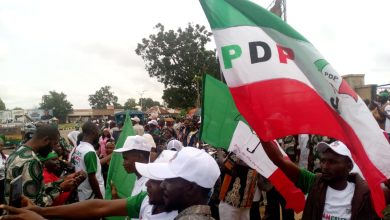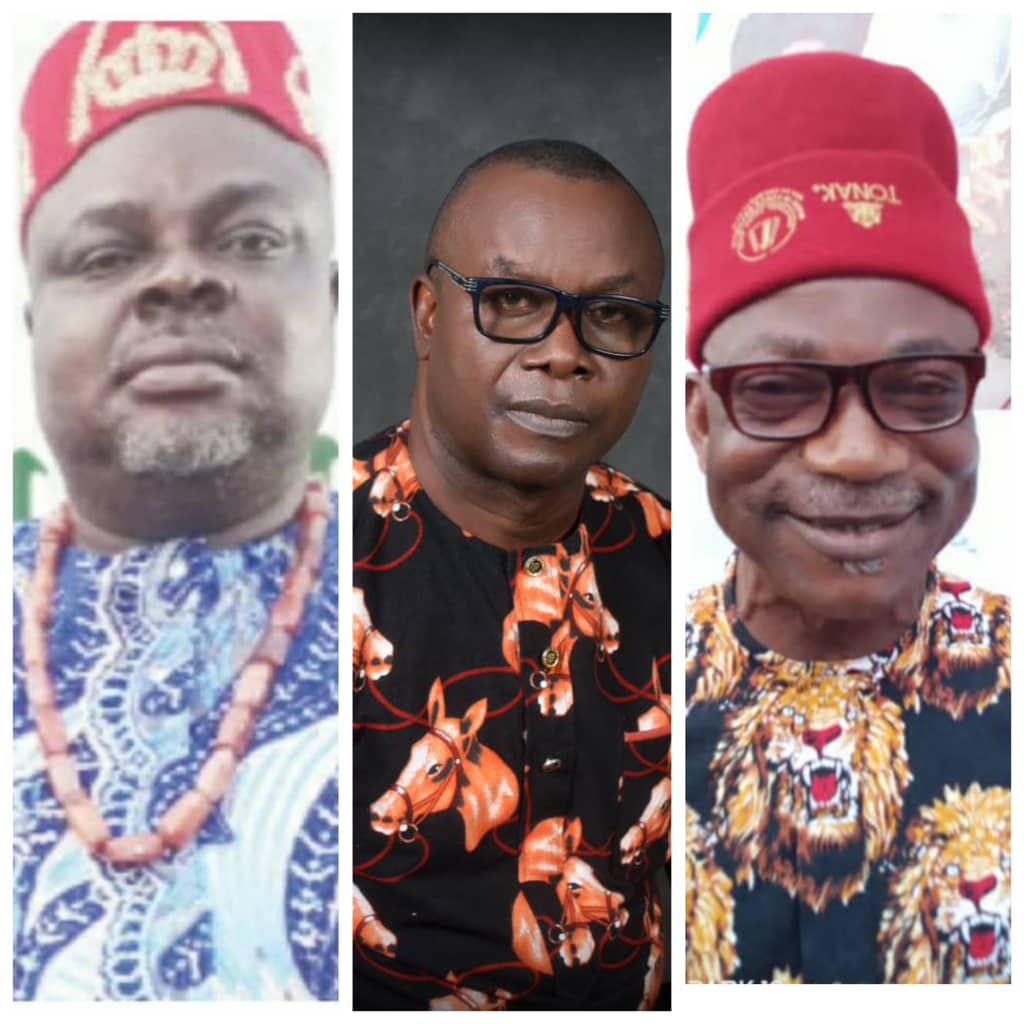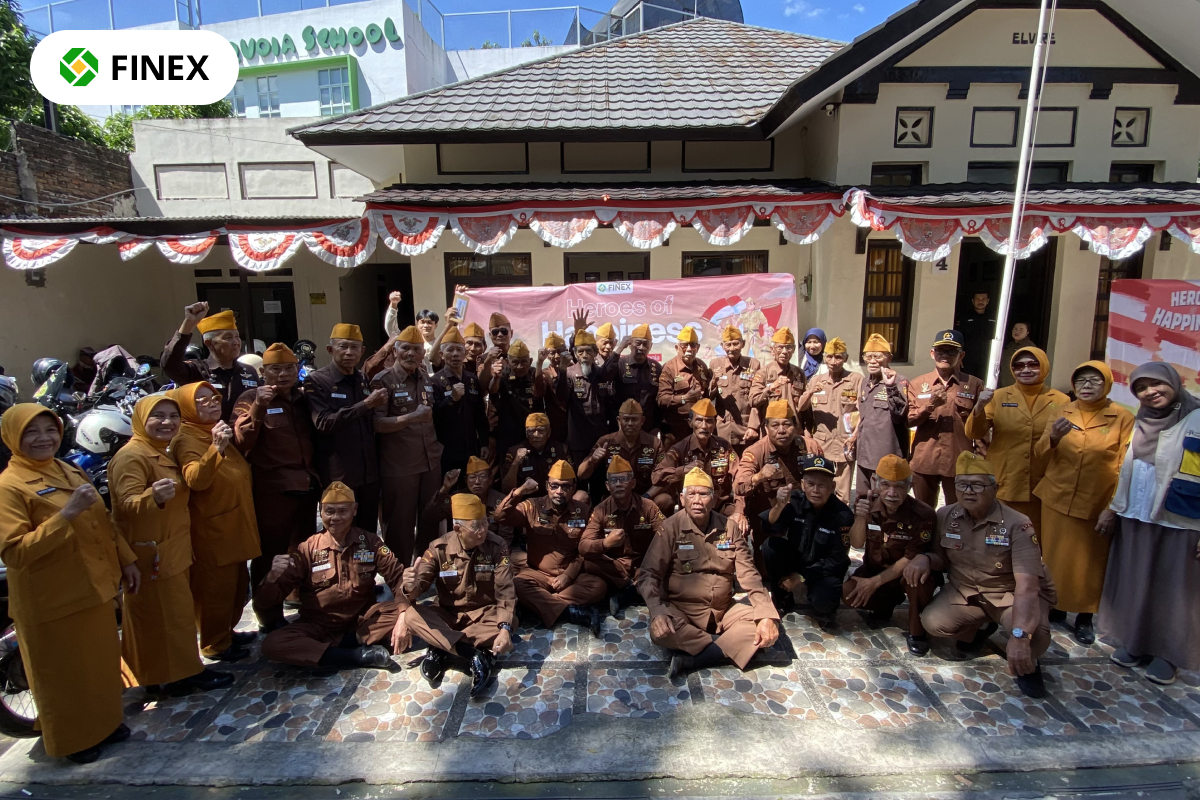In a significant development that could reshape the political landscape of Nigeria ahead of the 2027 general elections, stakeholders of the Peoples Democratic Party (PDP) have made a bold move to abandon the long-standing tradition of zoning their presidential ticket. This decision, announced during a high-profile meeting in Abuja, signals a strategic shift within the party as it seeks to consolidate its position and challenge the ruling All Progressives Congress (APC). Instead of adhering to the zoning formula, which has historically rotated the presidency between Nigeria’s northern and southern regions, the PDP stakeholders have opted to rally behind a single, yet-to-be-named “preferred candidate” deemed capable of leading the party to victory in 2027.
This decision has sparked widespread debate, with political analysts, party members, and observers weighing in on its implications for Nigeria’s democratic process, the PDP’s internal cohesion, and the broader national political landscape. The move is seen as both a pragmatic response to the evolving dynamics of Nigerian politics and a risky gamble that could either unite or fracture the opposition party. In this article, we delve into the details of the PDP’s decision, explore the reasons behind the rejection of zoning, analyze the potential candidates who might emerge as the party’s flagbearer, and assess the broader implications for Nigeria’s political future.
The Context of Zoning in Nigerian Politics
Zoning has been a cornerstone of Nigeria’s political framework since the return to democratic rule in 1999. Designed to promote national unity and prevent the domination of political power by any single region, the zoning principle ensures that key political offices, particularly the presidency, rotate between Nigeria’s six geopolitical zones, broadly categorized as the North and the South. Within the PDP, this arrangement has been a guiding principle, with the party adhering to a power rotation formula to balance regional interests and foster inclusivity.
The zoning policy has its roots in Nigeria’s complex socio-political structure, characterized by ethnic, religious, and regional diversity. With over 250 ethnic groups and a roughly equal split between Muslims and Christians, Nigeria’s political system has often been a delicate balancing act. The zoning formula was intended to mitigate tensions by ensuring that no single region monopolizes power for an extended period. For instance, the presidency was held by the South from 1999 to 2007 under President Olusegun Obasanjo, followed by the North from 2007 to 2015 under Presidents Umaru Yar’Adua and Goodluck Jonathan (who completed Yar’Adua’s term after his death). The APC continued this trend, with President Muhammadu Buhari, a northerner, serving from 2015 to 2023, followed by President Bola Tinubu, a southerner, who assumed office in 2023.
However, the zoning principle has not been without controversy. Critics argue that it prioritizes regional considerations over merit, often leading to the selection of candidates who may not be the most qualified or popular. Others contend that zoning perpetuates a system of entitlement, where regions expect automatic access to power regardless of the broader national interest. In recent years, there has been growing discontent with the zoning formula, particularly among younger Nigerians and political reformers who advocate for a more merit-based approach to leadership selection.
The PDP’s Decision to Abandon Zoning
The PDP’s decision to jettison zoning for the 2027 presidential election was reached during a strategic meeting of party stakeholders held in Abuja. The meeting, attended by prominent party leaders, governors, former presidents, and influential members of the National Working Committee (NWC), was convened to chart the party’s path forward following its defeat in the 2023 general elections. According to sources close to the meeting, the stakeholders engaged in heated deliberations, weighing the benefits of adhering to the zoning formula against the need for a candidate capable of galvanizing nationwide support.
The decision to abandon zoning was driven by several factors. First, the PDP’s loss in the 2023 presidential election, where its candidate, Atiku Abubakar, came second to the APC’s Bola Tinubu, exposed the party’s vulnerabilities. Many stakeholders believe that the PDP’s strict adherence to zoning in 2023, which saw Atiku, a northerner, emerge as the candidate despite calls for a southern candidate, alienated key voter bases in the South and contributed to the party’s defeat. The emergence of Peter Obi, a former PDP member who ran under the Labour Party and secured significant support in the South and among younger voters, further highlighted the limitations of the zoning formula in a rapidly changing political landscape.
Second, the stakeholders cited the need for a candidate with broad-based appeal and the ability to challenge the APC’s dominance. The APC’s victory in 2023, coupled with its control of key states and federal institutions, has positioned it as a formidable force. PDP leaders believe that selecting a candidate based on merit, rather than regional considerations, would give the party a stronger chance of reclaiming power. The decision to rally behind a “preferred candidate” reflects a strategic shift toward prioritizing electability over regional balancing.
Third, the stakeholders expressed concerns about the growing fragmentation within the PDP. Internal divisions, particularly between northern and southern factions, have weakened the party’s cohesion in recent years. By abandoning zoning, the PDP hopes to unify its ranks and present a united front ahead of 2027. However, this move is not without risks, as it could alienate regions that feel entitled to the presidency under the zoning arrangement.
The Preferred Candidate: Who Could It Be?
While the PDP has not officially named its preferred candidate, speculations are rife about who the party might choose to lead its charge in 2027. The decision to rally behind a single candidate suggests that the stakeholders have identified an individual with the charisma, experience, and political capital to challenge the APC. Several names have emerged as potential frontrunners, each bringing unique strengths and challenges to the table.
One prominent figure is Atiku Abubakar, the PDP’s 2023 presidential candidate and a former Vice President of Nigeria. Atiku, a northerner from Adamawa State, has been a dominant figure in the PDP for decades, with a vast political network and significant resources. However, his age (he will be 80 in 2027) and his loss in 2023 have raised questions about his viability as the party’s candidate. Critics argue that fielding Atiku again could reinforce perceptions of the PDP as a party resistant to change, particularly among younger voters who are increasingly drawn to new faces.
Another potential candidate is Nyesom Wike, the former Governor of Rivers State and a key figure in the PDP’s southern caucus. Wike’s influence within the party grew significantly after his tenure as governor, during which he transformed Rivers State into a political stronghold for the PDP. His outspoken nature, grassroots appeal, and ability to mobilize resources make him a formidable contender. However, Wike’s controversial role in the 2023 elections, where he was accused of working against Atiku’s candidacy, could undermine his chances of securing broad-based support within the party.
Peter Obi, the former Governor of Anambra State and the Labour Party’s presidential candidate in 2023, has also been mentioned as a potential candidate. Although Obi is no longer a member of the PDP, there are indications that the party might court him to return, given his widespread popularity among young Nigerians and his strong showing in the 2023 elections. Obi’s focus on economic reform, youth empowerment, and good governance resonates with a growing segment of the electorate. However, his return to the PDP could face resistance from entrenched interests within the party, particularly those loyal to Atiku and Wike.
Other names being floated include Bukola Saraki, a former Senate President and a skilled political strategist from Kwara State, and Aminu Tambuwal, the former Governor of Sokoto State and a key figure in the PDP’s northern caucus. Both individuals have significant experience and national recognition, but their ability to unite the party and appeal to a broad electorate remains uncertain.
Implications for the PDP and Nigerian Politics
The PDP’s decision to abandon zoning has far-reaching implications for both the party and the broader Nigerian political landscape. Within the PDP, the move could either strengthen or weaken the party’s unity, depending on how the leadership manages the fallout. Supporters of zoning, particularly from regions expecting the presidency to be zoned to them, may feel marginalized, leading to defections or internal sabotage. The party’s ability to rally its members behind the preferred candidate will be critical to its success.
Nationally, the PDP’s decision could set a precedent for other political parties to rethink their approach to candidate selection. The APC, which has also adhered to the zoning principle, may face pressure to adopt a similar merit-based approach, particularly if the PDP’s strategy proves successful. However, the abandonment of zoning could also deepen regional tensions, as communities that feel excluded from power may accuse the PDP of undermining Nigeria’s delicate federal character.
The decision also has implications for voter behavior. In recent years, Nigerian voters, particularly the youth, have shown a growing preference for candidates who prioritize competence, transparency, and accountability over regional or ethnic affiliations. The PDP’s focus on a preferred candidate could resonate with this demographic, provided the party selects a candidate who embodies these values. However, the party must also navigate the challenge of appealing to traditional power blocs, including ethnic and religious groups, which still play a significant role in Nigerian politics.
Challenges and Opportunities
The PDP’s decision to abandon zoning presents both challenges and opportunities. On the one hand, the move allows the party to prioritize electability and select a candidate with the potential to challenge the APC’s dominance. By focusing on a single candidate, the PDP can streamline its campaign efforts, consolidate resources, and present a unified message to voters. This approach could also attract new members and supporters who are disillusioned with the APC’s governance and seeking a viable alternative.
On the other hand, the decision risks alienating key stakeholders who view zoning as a non-negotiable principle. The PDP’s northern and southern factions, already at odds over power-sharing arrangements, may struggle to reconcile their differences. The selection of the preferred candidate will be a critical test of the party’s ability to manage internal conflicts and present a united front. Additionally, the PDP must contend with the growing influence of third-force parties, such as the Labour Party, which could siphon votes from the opposition if the PDP fails to inspire confidence.
To succeed, the PDP must adopt a strategic approach to its 2027 campaign. This includes engaging with grassroots movements, leveraging social media to connect with younger voters, and addressing key issues such as insecurity, unemployment, and economic stagnation. The party must also ensure that its preferred candidate is not only electable but also capable of uniting Nigeria’s diverse population.
Conclusion
The PDP’s decision to reject zoning and rally behind a preferred candidate for the 2027 presidential election marks a turning point in Nigerian politics. By prioritizing merit over regional considerations, the party is taking a bold step to reposition itself as a formidable opposition force. However, the success of this strategy will depend on the PDP’s ability to manage internal divisions, select a candidate with broad-based appeal, and address the concerns of a diverse electorate.
As Nigeria approaches the 2027 elections, the PDP’s decision will undoubtedly shape the national conversation on leadership, representation, and governance. Whether this move will lead to a resurgence of the PDP or deepen its challenges remains to be seen. For now, all eyes are on the party as it prepares to unveil its preferred candidate and chart the path to Aso Rock.






